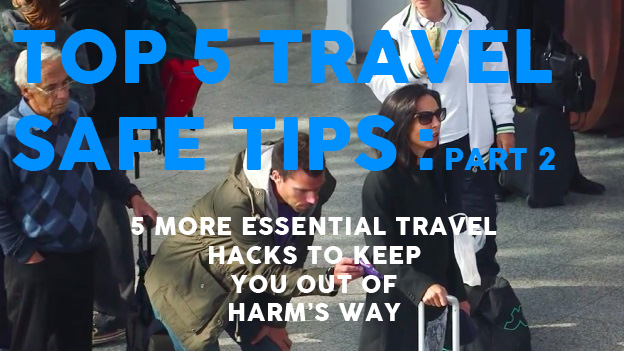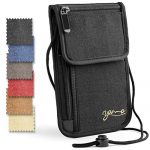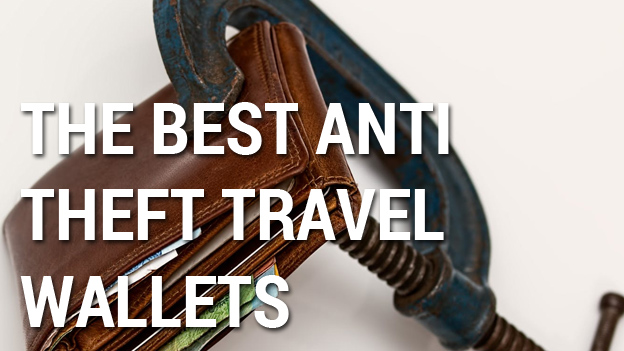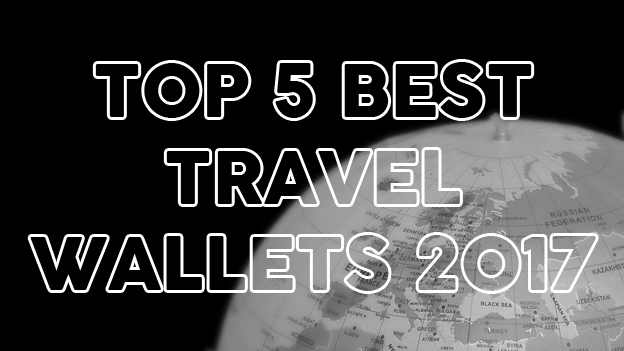Top 5 Travel Safe Tips Part 2 – Five essential travel hacks to keep you out of harm’s way

5 more essential travel hacks and tips to read and remember before setting off on your next adventure
Click here for part 1
Some more bread and butter tips for your travels to keep you safe and one step ahead of any disaster that might occur while abroad. Use these tips together with part 1 as a primer before setting off.
safe travel tip #6: Use google calendar to keep your family and friends up to date
This is for you hardcore travel junkies out there who might have nervous friends, parents or family members at home. It’s true that not everyone plans their long term travels down to the last detail. Let’s face it, the spontaneity of travel can often be the best part. Even still, creating a calendar with your intended destinations and length of stay with accommodation details can be an excellent way for your loved ones to track you down in case something happens.
The idea behind it is, you start a google calendar (free) and write the name, address and contact information of where you’re currently staying. Any time you get a flight or bus or train out of your current city to the destination, update your calendar. By the end of your trip you should have a basic itinerary of where you’ve been. In fact I would write in my Google Calendar at the same time as I booked something online with all the details. Here is a great guide on sharing your google calendar if you’re unsure.
safe travel tip #7: Contact your bank before you leave
There are two main reasons for this.
Number one is to make sure that your credit card company or bank don’t suspect a legitimate transaction of yours is someone who has stolen your information. Sometimes if a credit card company sees a transaction from a foreign country or if they detect odd behavior, they will put a hold on your card.
This can be an extreme hassle when you are relying on your credit card to book hotels, tours or even to pay for dinner. It can also be difficult to sort it out with them depending on your access to phone and internet.
Number two is in case something does actually go wrong, they are well prepared to deal with the situation. Sometimes having to explain your circumstances after you’ve already left your country can slow down the process and leave you without a card for longer than is necessary.
safe travel tip #8: Do your research on local scams and threats before you leave
Every city has its own unique scam or threat to look out for. Once you’ve been travelling for a while, you’ll start to recognize a great majority of the same kinds of tricks. Eg, in Thailand, always be wary of attractive local girls inviting you to drink with them somewhere off the beaten track. You might find out that beer actually costs 100 times what it should and a couple of thugs who are happy to “escort” you to a nearby ATM to pay for it.
Other scams in parts of Europe might seem like a game of chance where you gamble a small amount of money and you’re allowed to win the first time. The game is rigged and gradually the amount goes up until you’ve lost the money you already won and then some!
It’s also a good idea to check your local countries travel advice site before booking your flight. The state and safety of the world is dynamic and changing constantly. A safe city can go from a trusted tourist destination to a terrorist target in the space of seconds.
Check out the wiki page on common scams to recognize them before you’re a victim of one.
safe travel tip #9: Be careful changing money
There are two trains of thought on exchanging money for a trip. Changing it before you depart at a bank or currency exchange place can often result in a poor exchange rate. However, depending on where you live, it is often the safest place to exchange currency. Often going to a trusted money changer once you’re at your destination will yield a better rate. Be wary though, money changers are notorious for giving back incorrect amounts and it’s always wise to count the money and do your own calculations before leaving the shop.
Avoid places like airports for changing money as they will often charge the highest rate. I personally have a debit card used solely for travel and use ATMs from official banks. My card is unique in that it doesn’t charge any fees for withdrawing money or changing from one currency to another. As long as your card doesn’t get skimmed, it’s the safest option. You also have the benefit of not holding a lot of cash on your person.
safe travel tip #10: Get travel insurance
This might seem like an obvious one but you’d be surprised how many people don’t use travel insurance. There is a different level of cover for just about every type of traveler. At the most basic level, you will be insured if you accidentally physically harm someone and if you are seriously hurt, you will be covered with a return ticket and medical care. In most cases, insurance companies will have trusted hospitals they have agreements with where you will receive proper care.
At higher levels you can insure personal belongings in case of theft or accidental loss. Always read the fine print however. A lot of policies out there will not reimburse you if you can’t prove your item wasn’t left unattended. Eg, if you put your bag on a table, turn around for a second and it’s gone, it may be considered irresponsible on your behalf and you won’t be reimbursed. My advice is to talk to a representative and do your due diligence before signing up.
Travel insurance can also be helpful when an airline lets you down. Delays, missed flights and lost property can be protected under some policies.
That sums it up for part 2. If you missed part 1, check it out here. Stay tuned for part 3!









